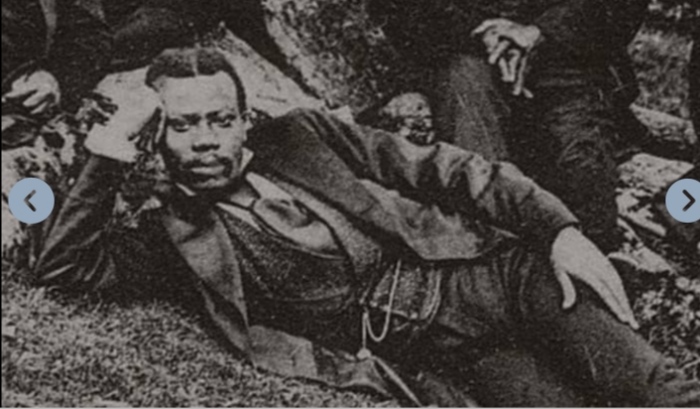First Medical Doctor In Nigeria

The first medical doctor in Nigeria holds a significant place in the country's history, as their journey marked a pivotal moment in the development of healthcare and education. Dr. Nathaniel King, also known as Nathaniel Johnson, is widely recognized as Nigeria's first indigenous medical doctor. His story reflects not only his personal accomplishments but also the challenges and transformations that Nigeria's medical field underwent during that era.
Dr. Nathaniel King's path to becoming Nigeria's first medical doctor was marked by perseverance, dedication, and a passion for learning. Born in the mid-19th century, in the 1860s, King belonged to the Ijaw ethnic group in the Niger Delta region of Nigeria. At a time when access to education was limited for many Nigerians, especially for those from marginalized communities, King's pursuit of education was a remarkable feat.
As a young man, King's journey began when he traveled to Scotland in the late 1800s to pursue his dream of becoming a medical doctor. He enrolled at the University of Glasgow, where he studied medicine. Despite facing various challenges such as cultural differences and financial constraints, King's determination and commitment led him to successfully complete his medical studies.
In 1893, Nathaniel King graduated from the University of Glasgow, achieving his long-held dream of becoming a medical doctor. Armed with his medical degree, he returned to Nigeria, where his skills and knowledge were sorely needed. His return coincided with a period of increased interest in improving healthcare and education in the country.
Upon his return, Dr. King was met with both admiration and skepticism. While some recognized his achievements and appreciated his contributions to healthcare, others were wary of the changes he represented. His expertise and medical practice played a pivotal role in breaking down barriers and dispelling myths about modern medicine among the local population. He contributed significantly to raising awareness about health practices, preventive measures, and the importance of medical intervention.
READ ALSO » First Professor In Nigeria
One of Dr. King's notable contributions was his involvement in tackling the deadly smallpox epidemic that had plagued Nigeria. His efforts in treating patients, implementing preventive measures, and educating the public about vaccination were instrumental in curbing the spread of the disease. This achievement not only saved countless lives but also demonstrated the crucial role of medical professionals in addressing public health crises.
Dr. King's legacy extended beyond his medical practice. He became an advocate for education and played a role in establishing the Nigerian National Association in the early 1900s, a group aimed at promoting education, social progress, and cultural pride among Nigerians. His dedication to education paved the way for future generations of medical professionals and contributed to the overall advancement of Nigerian society.
In retrospect, Dr. Nathaniel King's journey embodies the spirit of progress, resilience, and the pursuit of knowledge. His achievement as Nigeria's first medical doctor opened doors for other aspiring medical professionals, creating a foundation upon which the country's healthcare system has evolved. His legacy reminds us of the transformative power of education and the indomitable human spirit that can overcome even the most daunting challenges.
In conclusion, Dr. Nathaniel King's role as Nigeria's first medical doctor is a testament to his determination, perseverance, and dedication to both his own education and the betterment of his society. His contributions to healthcare, education, and public health continue to resonate, reminding us of the profound impact that one individual can have on an entire nation's progress. His story serves as an inspiration for generations to come, highlighting the importance of pursuing dreams and pushing boundaries in the face of adversity.
